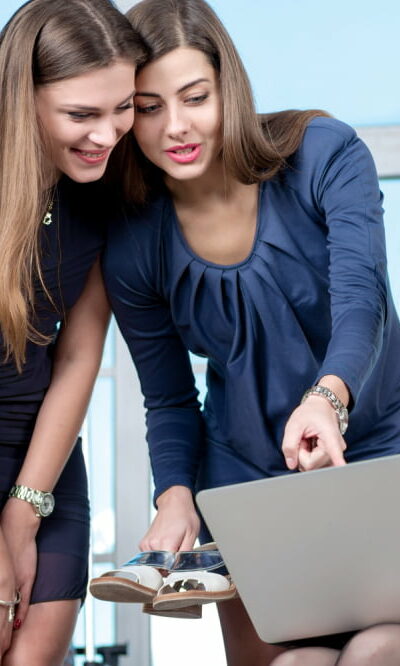
7 warning signs of RSV in children
Respiratory Syncytial Virus (RSV) is a respiratory virus that causes common cold-like symptoms. Generally, it affects those with weakened immunities, such as infants and older adults, more than others. Although people with this condition recover from it within a week or two, it can become dangerous for individuals with compromised immune systems. For children especially, people must sense certain warning signs of this condition at an early stage. Here are a few warning signs: Runny nose RSV is known to cause inflammation in a child’s upper respiratory tract which consists of the nose and throat. Children with early-stage RSV will have an excessive amount of mucus produced in their bodies, causing them to blow their noses every now and again. Like many other symptoms of RSV, this one also closely resembles those related to a common cold. Decreased appetite The cold-like symptoms of RSV make it difficult for children to taste and smell food components properly. Additionally, the virus also tends to block kids’ throats with an excessive amount of phlegm. This causes them to have great difficulty not only in eating, drinking, and swallowing meals and drinks, but also completely takes away their sensory enjoyment of all foods. As a result, children with RSV will slowly experience a progressive reduction of appetite. The parents and other relatives responsible for such kids must ensure that they are fed despite their lack of appetite. Not feeding them would result in eventual weakness and a loss of muscle mass, both of which can have other adverse health reactions for them. Incessant coughing, wheezing, and sneezing in babies Babies are at great risk of experiencing some of the severe RSV symptoms. A clear indicator that one’s infant may have RSV is incessant coughing and sneezing. Both these symptoms are a result of the inflammation that RSV brings about in the baby’s sinus areas, lungs, and throat.










